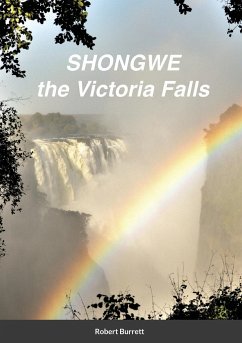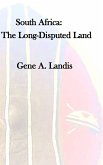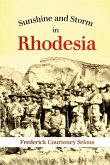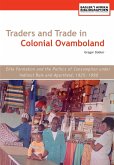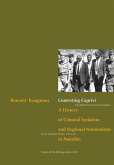The Victoria Falls, a World Heritage Site, is often described as one of "Nature's greatest spectacles"; a must see escape in the heart of south central Africa. The waterfall continues to attract countless visitors from across the globe, fascinated both by the changing face of the mighty Zambezi River and the "Falls", as well as the diverse cultural and natural heritage of its setting. First brought to international attention in 1855 by the Scottish missionary and explorer, David Livingstone, the romance of the Victoria Falls remains as strong as ever. We provide a general background to the region's rich heritage. The Victoria Falls is described in its parts, and in relation to its wider setting, seeking to answer the many questions that are often asked by visitors - how, when and why. In addition to the mighty waterfall, the histories of the two adjacent cities are inseparable, both from the "Falls" and from each other. Livingstone and Victoria Falls may appear markedly different, but they share a complex heritage which extends back over thousands of years. Archaeology and traditional community associations link the two, while their colonial and post-colonial histories are inextricably intertwined. Livingstone, the older settlement, was once the administrative and commercial capital of what is now Zambia. It has many charming historical buildings and memorials. Zimbabwe's Victoria Falls, a more recent settlement, prides itself as being one of the region's main tourist hubs. Both sides of the Zambezi River possess their own unique character and a variety of tourism facilities. Any visit that considers only one element of the "Falls" misses out on the fascinating diversity of this unique African setting. Hopefully that this booklet will encourage visitors and residents to better appreciate this wider heritage; Victoria Falls is more than just falling water.
Hinweis: Dieser Artikel kann nur an eine deutsche Lieferadresse ausgeliefert werden.
Hinweis: Dieser Artikel kann nur an eine deutsche Lieferadresse ausgeliefert werden.

